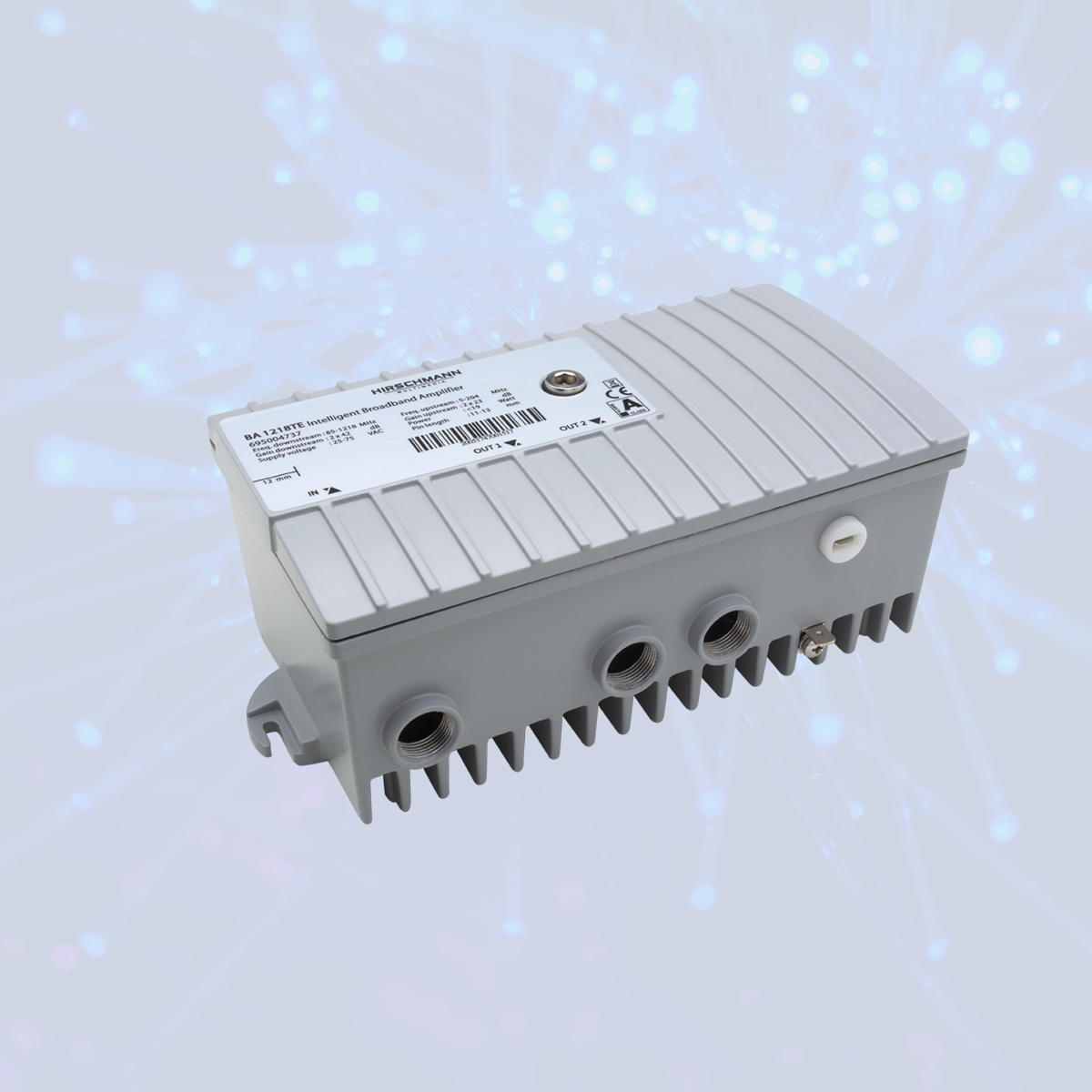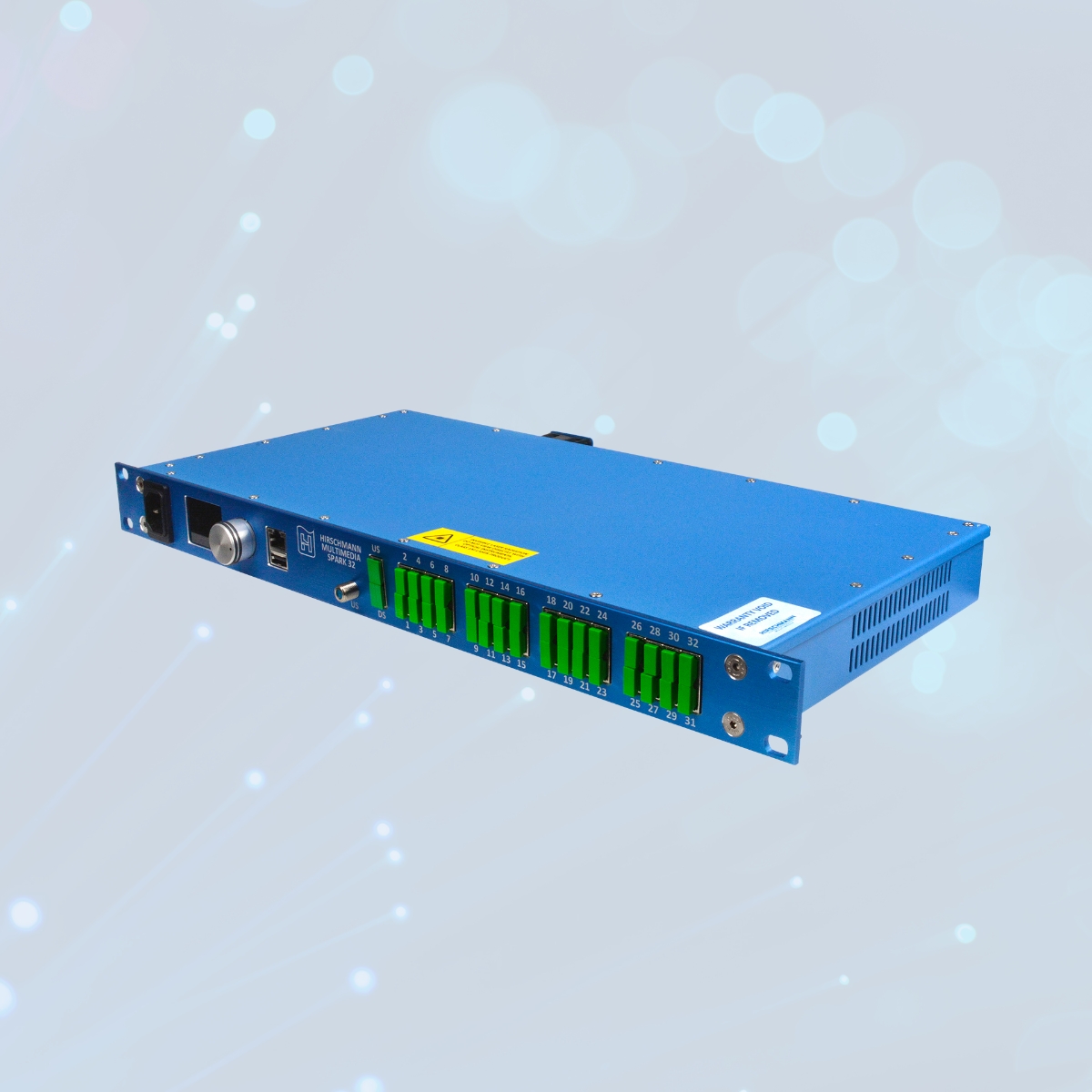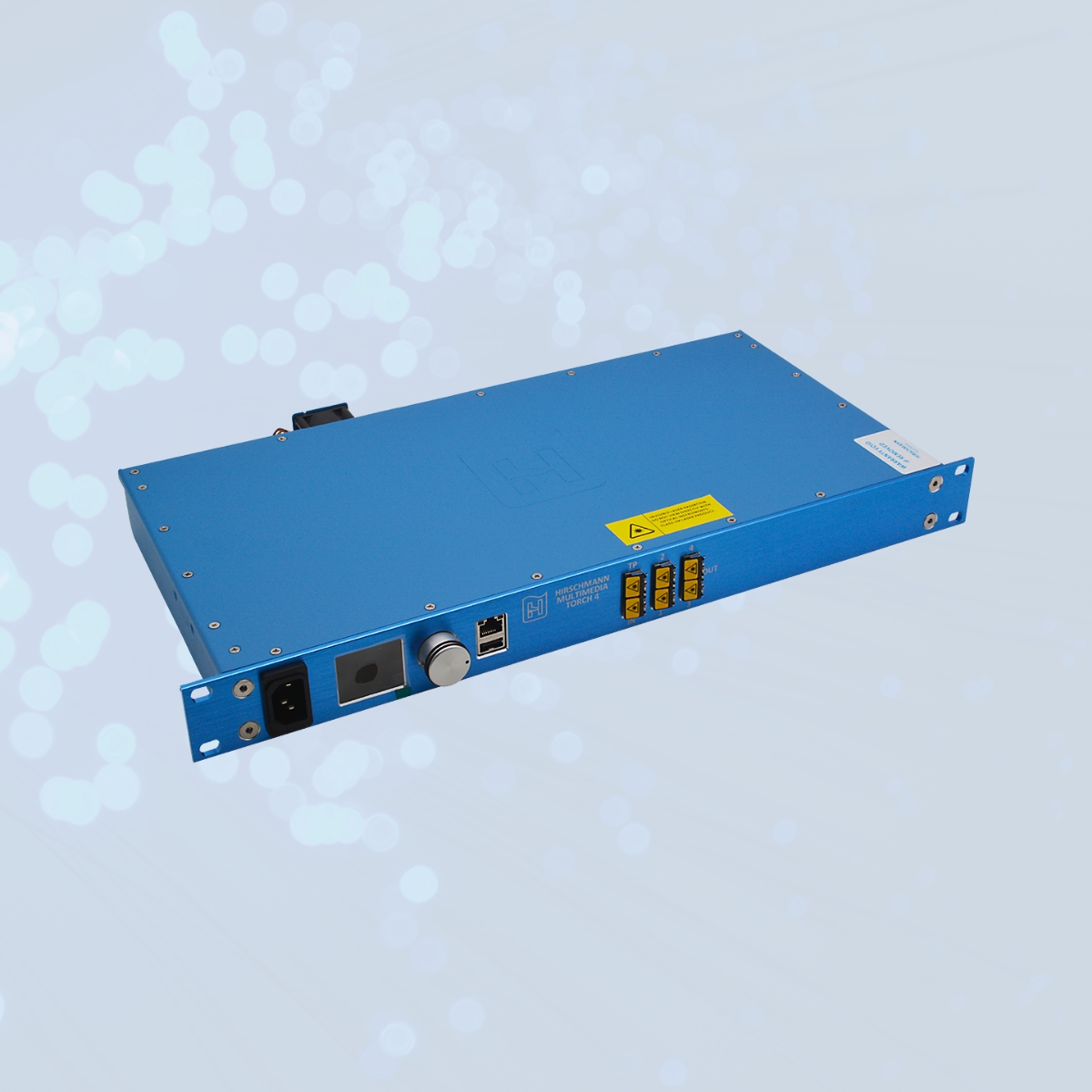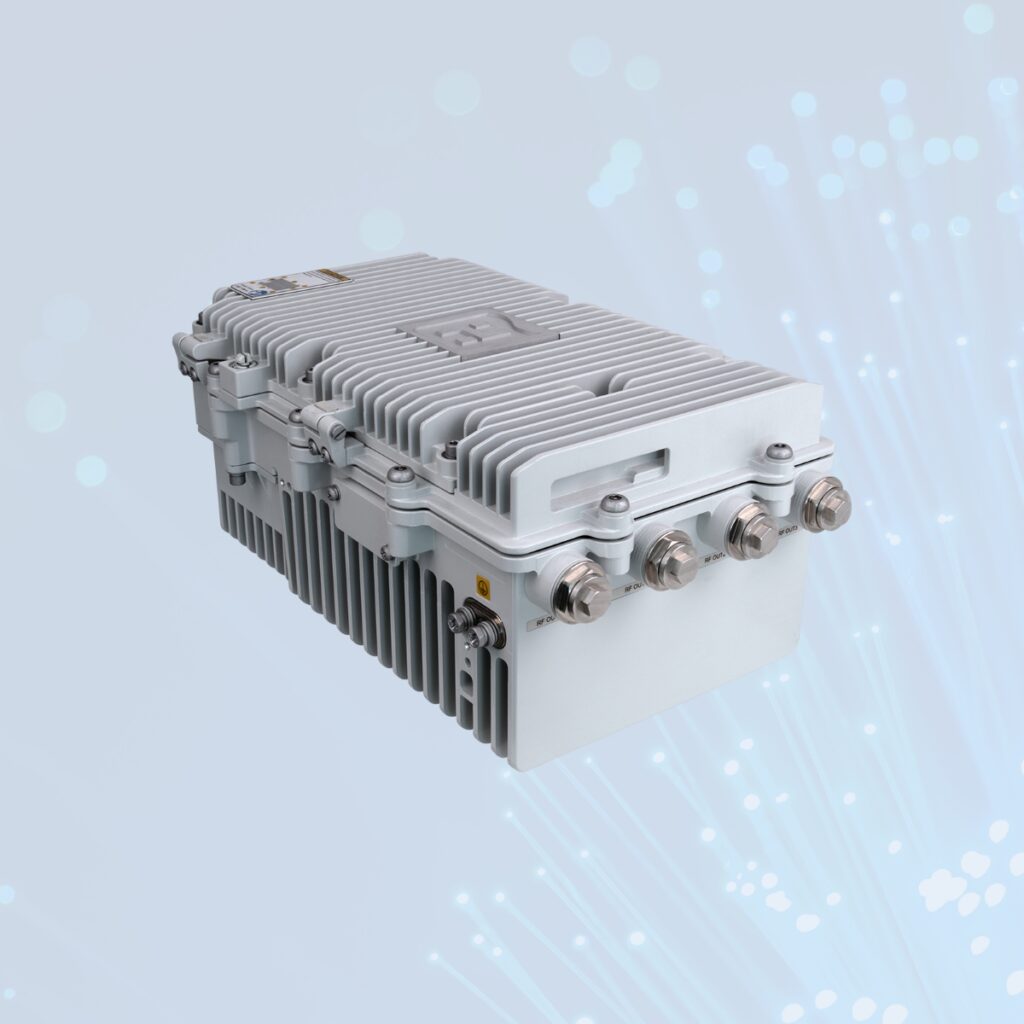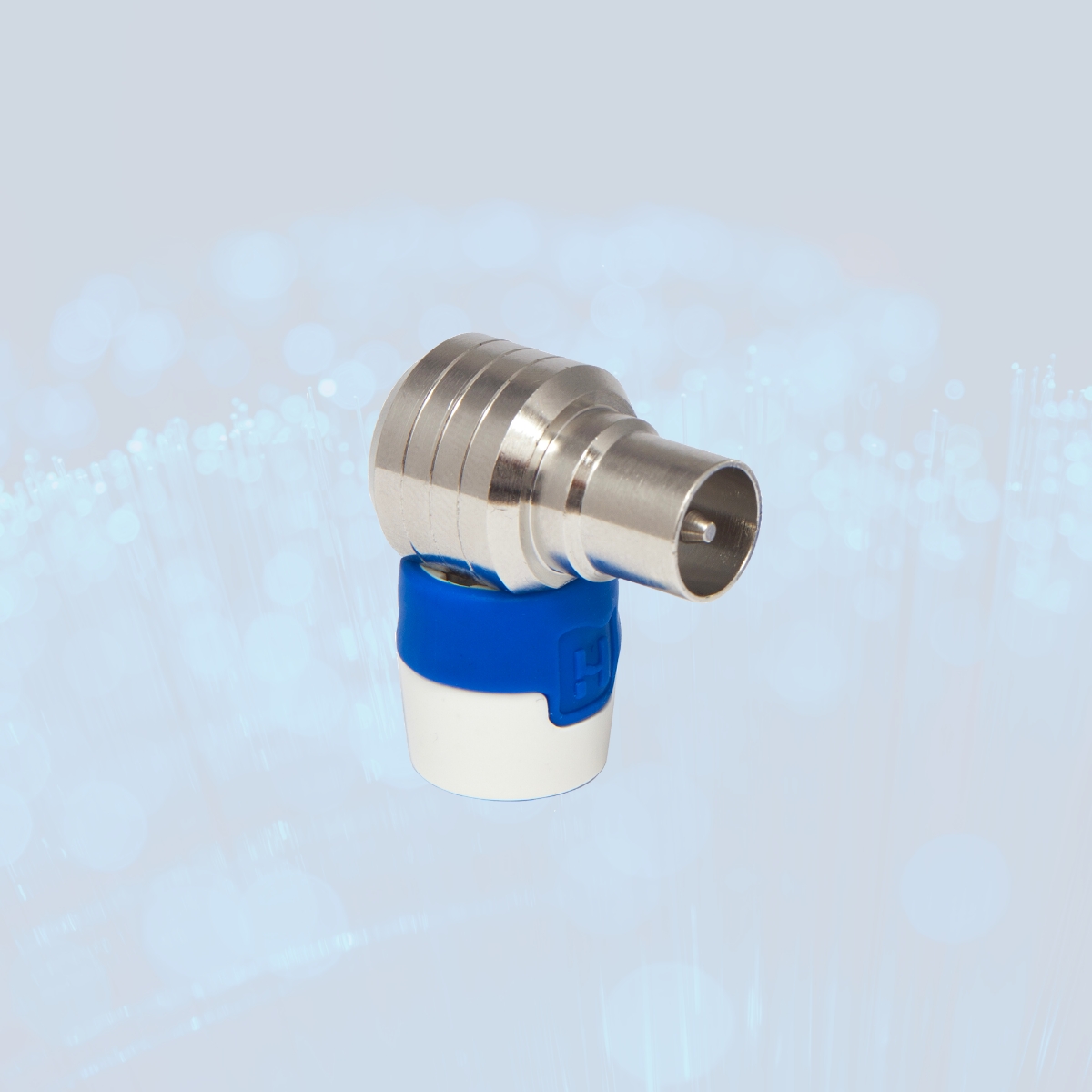Introduction
RFoG, or Radio Frequency over Glass, is a technology that combines the DOCSIS application on fiber to the curb and fiber to the home networks. It is primarily used in the field of telecommunications to deliver high-speed internet, television, and other services to homes and businesses based on DVB-C and DOCSIS Traffic. RFoG technology remains popular at networks who are committed to use DOCSIS 3.0 and 3.1 as their main service platform.
What is RFoG?
RFoG stands for Radio Frequency over Glass, and it represents a hybrid technology that integrates the optical fiber within the traditional HFC cable networks. In RFoG, the signal is transmitted as radio frequency (RF) over optical fiber, which is then converted back to RF at the customer’s premises using an optical network unit (ONU). Bidirecional traffic is handled in the same way via the ONU but then generated by the DOCSIS modem. This technology allows service providers to leverage their existing coaxial cable infrastructure while extending or overbuilding the network with fiber optical cable and roll out the same services and provisioning models as available on the existing HFC networks.
Advantages of Hirschmann RFoG Technology
High Bandwidth and Data Speeds:
One of the most significant advantages of RFoG technology is its ability to deliver exceptionally high bandwidth using DOCSIS 3.0 and DOSIS 3.1 via Fiber optics. Hirschmann’s unique approach for RFoG enables the highest possible bandwidth usage using the highest available modulation schemes enabling competitive bandwidth and speed compared to traditional pont to point and point to multipoint FTTx network maintaining DOCSIS as their primary transport platform. Beside the Full usable upstream bandwidth till 254MHz and Full usable downstream bandwith till 1218 MHz traditional FM band, DVB-C/T and PAL can be used as part of the complete offer.
One of the limitations in existing HFC networks is the existence of all kinds of ingress and Common Path distortion these effect cannot appear in full fiber networks creating less maintenance and no limitations in modulations scheme’s creating unlimited and super stable high speed and high bandwidth usage
Optical fiber can transmit signals over much longer distances than traditional coaxial cables without significant signal loss. This means less street cabinets, higher concentrated POP’s and less energy consumption compared to traditional HFC networks.
Hirschmann RFoG products have small formfactor, high energy efficiency and contain full manageable products reducing truck rolls and service costs.
Conclusion
RFoG technology offers a compelling solution for service providers seeking to deliver high-speed internet, television, and other services with enhanced reliability and scalability using DOCSIS via new and existing FTTH networks. By combining the strengths of fiber optics and coaxial cables, RFoG networks provide high bandwidth, long-distance transmission, and cost-effective upgrades, making them an excellent choice for migrating HFC networks to Full fiber networks. As technology continues to advance, RFoG networks are well-positioned to meet the ever-increasing demands of consumers and businesses alike.
Click to see our products: FTTx Products – Hirschmann Provider Products (hirschmann-pp.com)
